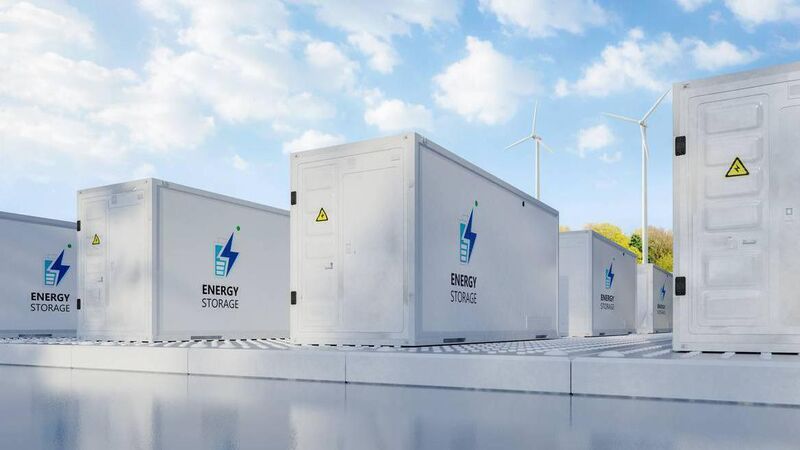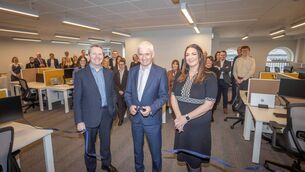Critical role of battery storage in Ireland’s energy plans

Ireland is going in the right direction as regards energy storage — we’re good, but we in terms of building out batteries, but we are going to need to go a lot further by 2030.
At the recent Energy Storage Global Conference in Brussels, the general message rang out loud that energy storage is no longer a secondary technology but a central enabler of Europe’s future energy system.
Experts from across the energy industry emphasised the importance of energy storage to enhance grid flexibility, support renewable integration, and promote industry decarbonisation.
Already a subscriber? Sign in
You have reached your article limit.
Subscribe to access all of the Irish Examiner.
Annual €130 €80
Best value
Monthly €12€6 / month
Introductory offers for new customers. Annual billed once for first year. Renews at €130. Monthly initial discount (first 3 months) billed monthly, then €12 a month. Ts&Cs apply.








